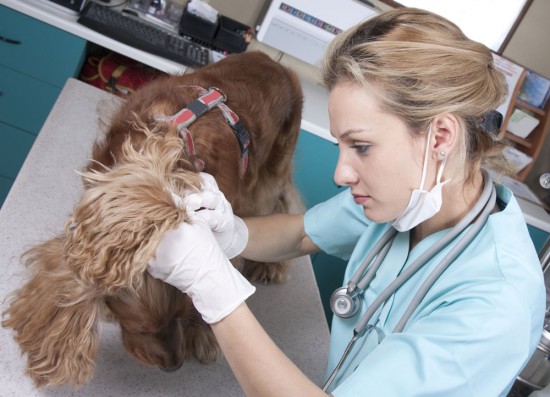
Good nutrition and regular visits to the veterinary doctor ensure that your dog lives a long and healthy life. Just as in humans, as your dog ages some changes which are inevitable will start manifesting themselves. Anipryl for dogs is used to help dogs with Canine Cognitive Dysfunction. This is the series of age behavioural changes that take place in dogs and other canine animals; these behaviour changes include: general confusion, irregular barking, confusing between day and night and personality changes. Anipryl for dogs is used if the cause of the behavioural dysfunction is not health related but age associated.
Anipryl for dogs is the brand name for drugs for dogs called Selegiline Hydrochloride, also referred to as L-deprenyl. This compound is also used for the treatment of Alzheimer’s and Parkinson’s disease. Anipryl for dogs is still a relatively new product but which has generated a lot of encouraging results around the world. Some people have reported almost total change in the dog’s geriatric behaviour while others have seen no change.
Anipryl for dogs is also approved by the FDA for the treatment of Cushing’s disease. Its known side effects may include but are not limited: restlessness, diarrhoea, vomiting, seizures, anorexia and seizures.
Still on Cushing’s disease treatment, we have the drug Lysodren. The scientific name for Lysodren is Mitotane. Cushing’s disease is a condition where the pituitary glands produce excessive amounts of cortisol which results in greater than normal functioning of the adrenal gland. Lysodren works as to destroy the developed adrenal cortex tissue which is a tumour like feature.
Cushing’s disease is not curable and hence the drug Lysodren among others is used to manage it. Lysodren manages Cushing’s disease by reducing the tumour size thus the dog enjoys reduction in pain and weakness. Cushing’s disease is known to cause thinning of the dog’s hair but Lysodren can address this after a few months. As the medication progresses the dog also experiences an improvement in appetite.
Cushing’s disease is also associated with excessive urinating and could also lead to incontinence. Lysodren is also useful in improving this situation. It must be noted that Lysodren does not extend the life of dogs suffering from Cushing’s disease but it only improves the dog’s quality of life.
The known side effects of Lysodren include but are not limited to dizziness, muscle twitching, drowsiness, vomiting and nausea, blood in the urine etc.
Petsmedsnmore.com is good online source for both anipryl for dogs and Lysodren at competitive prices.
 Dogs And Children - Age Appropriate Dog Care For Kids
Dogs And Children
Dogs And Children - Age Appropriate Dog Care For Kids
Dogs And Children
 Your New Puppy - Development From Twelve Weeks Old To Adulthood
Your New Puppy -
Your New Puppy - Development From Twelve Weeks Old To Adulthood
Your New Puppy -
 Care Considerations For Elderly And Mature Cats
Care Consideratio
Care Considerations For Elderly And Mature Cats
Care Consideratio
 Lyme Disease In Dogs
Lyme Disease In D
Lyme Disease In Dogs
Lyme Disease In D
 Guide To Beginning Falconry
Guide To Beginnin
Guide To Beginning Falconry
Guide To Beginnin
Copyright © 2005-2016 Pet Information All Rights Reserved
Contact us: www162date@outlook.com